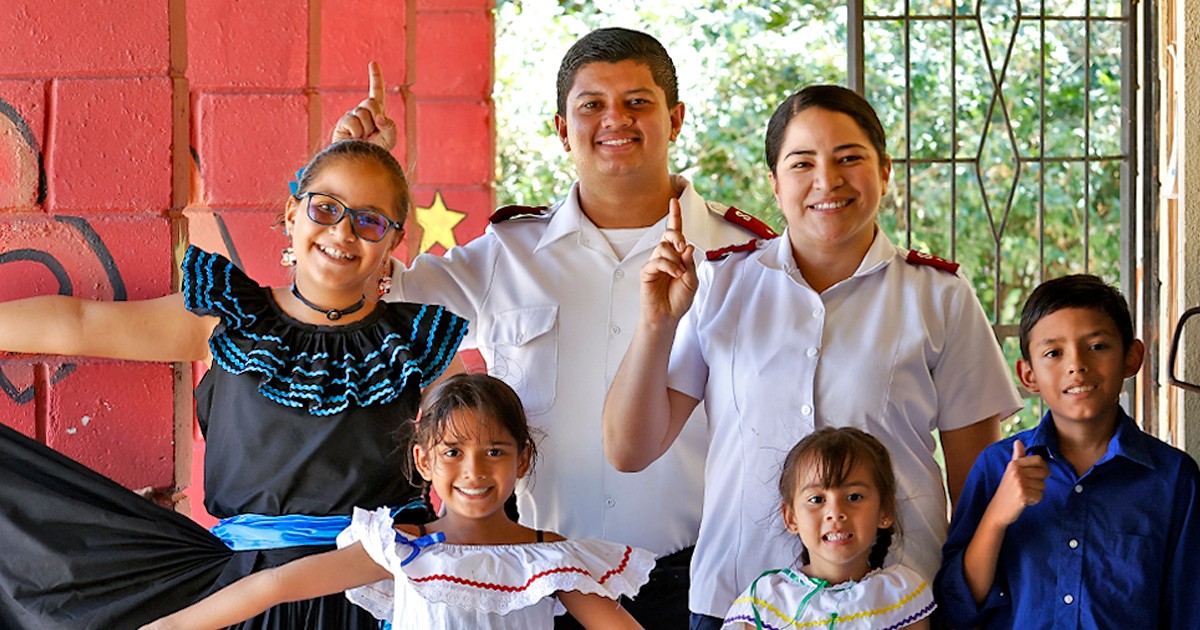 It was a Wednesday night at The Gateway shelter, the first chapel service for Dan, our new chaplain. A man I'll refer to as “Jack” came to that service. We didn't know anything about him. He was built like a bone crusher and dressed in typical gang street clothes.
It was a Wednesday night at The Gateway shelter, the first chapel service for Dan, our new chaplain. A man I'll refer to as “Jack” came to that service. We didn't know anything about him. He was built like a bone crusher and dressed in typical gang street clothes.
When the meeting was over, Jack gravitated to Dan and recounted his story. Jack's livelihood was based on dealing drugs and recruiting strippers at one of Toronto's most notorious strip joints. He regularly flew to Brazil to recruit girls and bring them to Canada with the promise of health, prosperity and happiness. It would be as easy as walking around in a nightclub and taking off their clothes in front of “cultured” men, he told them. Jack owned his own condo and was rich.
Then one day, as he was walking through downtown, he took a shortcut through a church and heard someone praying. It reminded him of his praying grandmother and he became aware of God reaching out to him, inviting him to participate in his love. He instantly accepted that invitation and left his old lifestyle behind.
Eventually, Jack became homeless. He had no idea how to make a legitimate living and so lost his condo and any source of income and ended up at our shelter. He was truly converted and knew that he had a friend in Jesus who was far more precious than any money or elaborate lifestyle. He had been dead and now he was alive.
At Easter, when we hear again the story of how Jesus was crucified and raised from the dead, I can't help but reflect on the people from the streets who have been brought back to life. We see many people here who are surviving but not really living. At times, we see some of them, like Jack, raised from the dead when they experience the healing and transforming love of Jesus and embrace it. And I wonder: What does Easter mean to them?
In our churches, we hear sermons with complex theological perspectives on the crucifixion and resurrection. But our street community isn't looking for sophisticated theology. Precise understandings of “crucifixion” and “resurrection” make for good debate and discussion in the hallways of seminaries, but they provide cold comfort on the street.
What I mean is, these terms seem like theological topics to be placed in categories in much the same way that a pantry has different cupboards for food. To our friends on the street, the pantry is of some vague interest, but cooking, and more importantly eating, is what's of vital importance.
In the same way, “crucifixion” and “resurrection” hold the same vague interest to them as the pantry. But it is Jesus, the Friend who is alive and will stop, talk and walk with them along their journey, who is most precious to them. It is not the crucifixion itself but the Crucified One who resonates with our people. It is not the resurrection itself but the Risen One who never ignores a cry for help—he is the one so crucial to them and on whom they depend.
As Christians at Easter, our question is this: What is the significance of Easter outside of the hallowed hallways of our seminaries and churches? Do we dwell on the crucifixion as a spectacle that Christians should get teary about once a year? Or do we dwell on Christ's death and resurrection and the power manifested in those historical events to revive and rejuvenate people who are dead?
Jack is no longer homeless. He has been reunited with his mother and is now living with her. He's still living in total dependence on his friend, Jesus, who hasn't yet nor will ever let him down. That, to me, is the glory of Easter.
 Dion Oxford, along with his wife, Erinn, and daughter, Cate, live in Toronto and are committed to journeying alongside people in the margins of society. Dion and Erinn have spent a combined 30 years working amongst folks who are living on the streets of Toronto. Dion is the director of Gateway, a Salvation Army shelter for men experiencing homelessness. He and his wife see the solution to homelessness as the church taking seriously the two great commandments of loving God and loving our neighbours. He likes to read, write, fly kites, cycle long distances, watch TV, play in his band and hang out with his friends.
Dion Oxford, along with his wife, Erinn, and daughter, Cate, live in Toronto and are committed to journeying alongside people in the margins of society. Dion and Erinn have spent a combined 30 years working amongst folks who are living on the streets of Toronto. Dion is the director of Gateway, a Salvation Army shelter for men experiencing homelessness. He and his wife see the solution to homelessness as the church taking seriously the two great commandments of loving God and loving our neighbours. He likes to read, write, fly kites, cycle long distances, watch TV, play in his band and hang out with his friends.









Leave a Comment